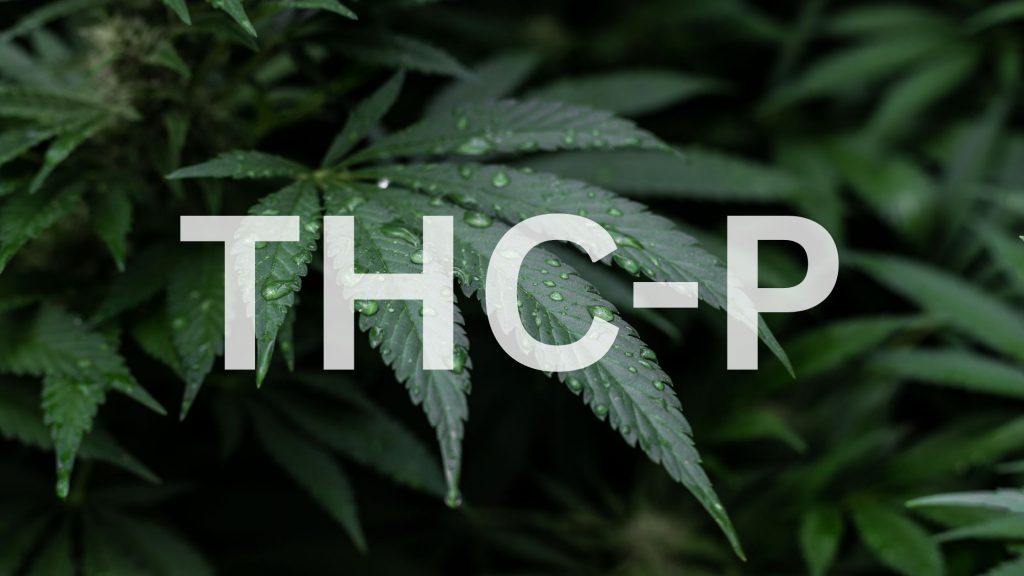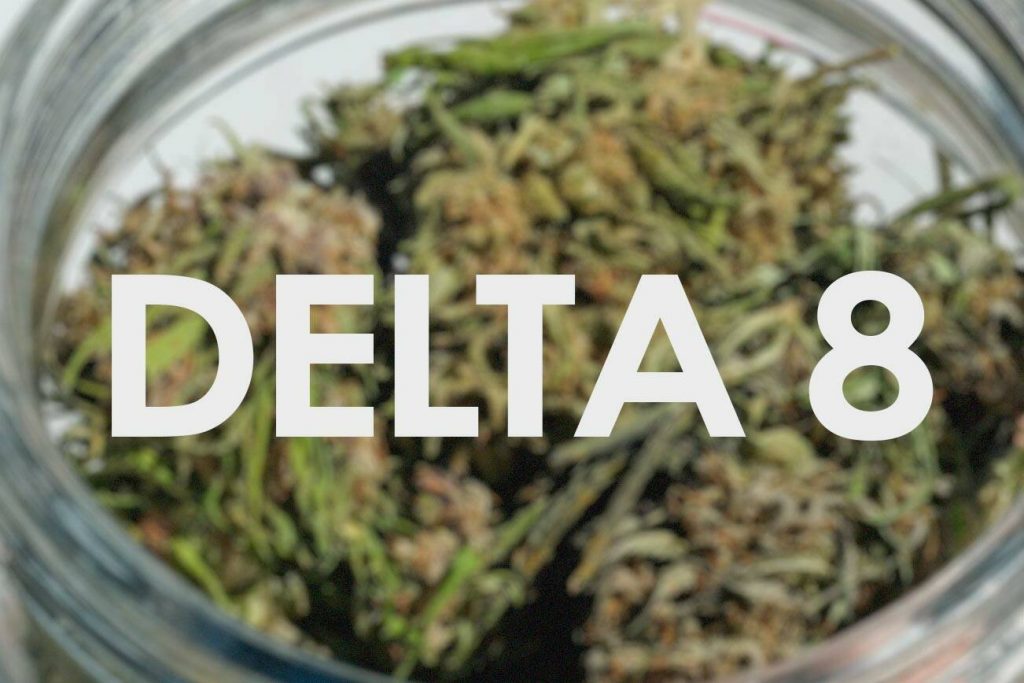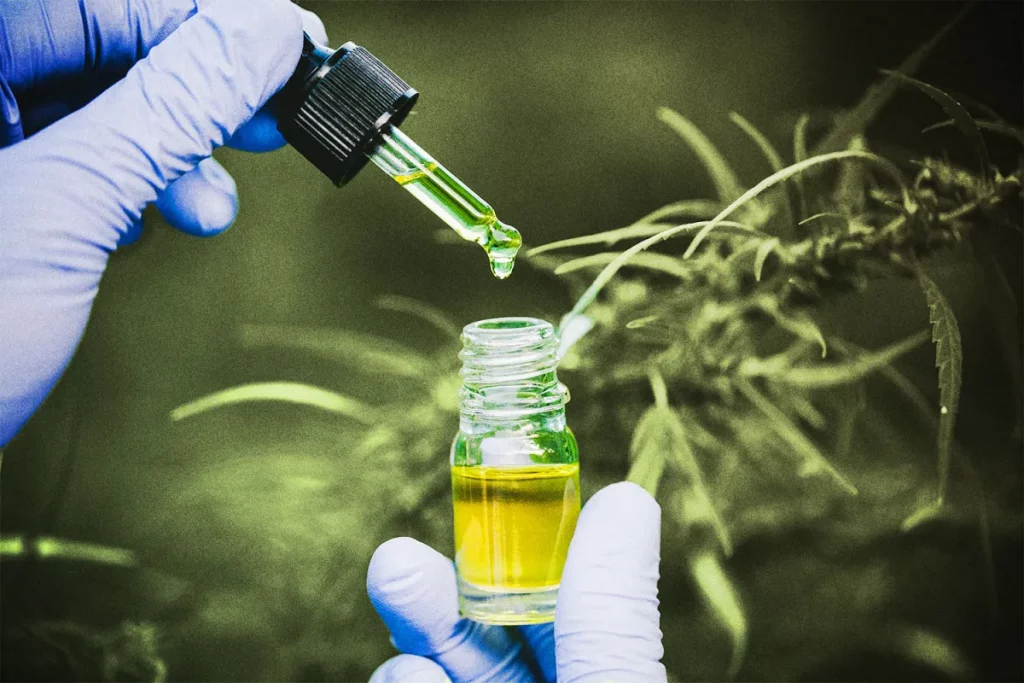In the world of cannabinoids, THC-P and Delta-8 are two compounds that are generating buzz for their unique properties and potential benefits. While THC-P is a newcomer on the scene, touted for its potential potency, Delta-8 has been around for some time and is known for its milder psychoactive effects. Let’s dive into the key differences between THC-P and Delta-8 and explore which one might be better suited for different situations.
THC-P: The Rising Star

What is THC-P?
THC-P is a lesser-known cannabinoid gaining attention for its potential potency. This compound is said to be more potent than traditional THC, which is the most well-known psychoactive compound found in cannabis. THC-P binds to the CB1 receptor in the endocannabinoid system, just like THC, but it may have a stronger affinity for these receptors, leading to potentially more intense effects.
Potential Benefits of THC-P
Research on THC-P is still in its early stages, but some studies suggest that it could have powerful analgesic (pain-relieving) properties. This has led to speculation that THC-P may be a promising option for managing chronic pain conditions.
Additionally, some users report that THC-P produces a clearer, more focused high compared to traditional THC, which could make it appealing for those looking to avoid the typical brain fog associated with marijuana use.
The Downside of THC-P
Since THC-P is a relatively discovery, there is still a lot we don’t know about its long-term effects and safety profile. As with any cannabinoid, more research is needed to understand the potential risks and benefits of THC-P fully. Additionally, its higher potency could lead to a greater risk of adverse effects, especially for inexperienced users or those sensitive to THC.
Delta-8: The Established Contender

What is Delta-8?
Delta-8-tetrahydrocannabinol, or Delta-8, is another cannabinoid found in cannabis that has been around for some time. Unlike THC-P, Delta-8 is a minor cannabinoid that is typically present in lower concentrations in the plant. Delta-8 is similar to THC in structure but is known for producing milder psychoactive effects. Many users describe Delta-8 as providing a smoother, more subtle high compared to traditional THC.
Potential Benefits of Delta-8
Delta-8 is often praised for its more manageable psychoactive effects, making it a popular choice for those who want to experience a gentle high without the intensity of regular THC. Some users report that Delta-8 provides a more clear-headed and functional high, which makes it ideal for daytime use or when cognitive function is essential. Additionally, Delta-8 is believed to have anti-nausea and anti-anxiety properties, which could make it beneficial for those seeking relief from these symptoms.
The Downside of Delta 8
While most users tolerate Delta 8 well, some may still experience side effects such as dry mouth, red eyes, increased heart rate, and potential feelings of paranoia or anxiety, especially at higher doses. It’s important to start with a low dose of Delta-8 and gradually increase it to assess your tolerance and avoid unwanted effects.
THC-P Vs. Delta 8: Which One is Right for You?

For Potency: THC-P
If you’re looking for a cannabinoid that packs a powerful punch and may offer enhanced pain relief or a more intense high, THC-P could be the right choice for you. Keep in mind that its potency may also come with a higher risk of side effects, so it’s important to exercise caution and start with a low dose when trying THC-P for the first time.
For Mild, Manageable Effects: Delta 8
On the other hand, if you prefer a more subtle, mellow high that still provides therapeutic benefits, Delta 8 might be the better option. Its smoother effects and potentially lower risk of side effects make it a popular choice for those seeking a more manageable cannabis experience.
For Daytime Use: Delta 8
Due to its reputation for producing a clearer, more functional high, Delta 8 is often considered a better choice for daytime use when you want to remain alert and focused. It’s less likely to cause cognitive impairment or sedation compared to traditional THC, making it a suitable option for staying productive during the day.
For Enhanced Pain Relief: THC-P
If your primary goal is to find relief from chronic pain or discomfort, THC-P’s potential analgesic properties could make it a more practical option. Its reported ability to provide potent pain relief may offer a more significant therapeutic benefit for conditions requiring analgesic solid effects.
Best Place To Find Cannabinoid Products?
Enter the ultimate destination for all your cannabinoid needs – Eighty-Six. Distinguishing themselves from the rest, they are unmatched in their steadfast commitment to excellence. Every product from Eighty Six undergoes rigorous testing and verification to ensure purity and potency, guaranteeing only the finest quality.
What truly sets Eighty-Six apart is its dedication to offering competitive prices. It prioritizes providing exceptional value for your investment, going the extra mile to ensure your satisfaction. Its outstanding customer service is another testament to its commitment, with a team of friendly and knowledgeable professionals always ready to assist with any inquiries.
With exceptional quality, unbeatable prices, and stellar service, it’s no wonder Eighty Six is the top choice for all your cannabinoid purchases. Discover what makes Eighty Six exceptional today, and use the coupon code SLYNG15 to save 15% on your next order. Seize this special offer and immerse yourself in Eighty Six’s excellence now!
THC-P Vs Delta 8 – Conclusion
THC-P and Delta 8 offer unique properties and potential benefits catering to different preferences and needs. While THC-P may be more potent and potentially provide more substantial effects, Delta 8 is favored for its mild, manageable psychoactive effects and functional high. Ultimately, the choice between THC-P and Delta-8 depends on your personal preferences, tolerance levels, and desired outcomes. It’s always recommended to start with a low dose, monitor your response, and adjust accordingly to find the cannabinoid that works best for you.
In the ever-evolving world of cannabinoids, THC-P and Delta 8 are just two examples of the myriad compounds found in cannabis that offer diverse effects and potential therapeutic benefits. As research continues to uncover the unique properties of these cannabinoids, more insights will emerge on how they can be harnessed for various health and wellness purposes.
Whether you opt for the potentially potent effects of THC-P or the gentle, milder high of Delta 8, remember to consume cannabinoids responsibly, be mindful of dosage, and prioritize your well-being above all else. With careful experimentation and informed decision-making, you can discover the cannabinoid that aligns with your preferences and enhances your overall cannabis experience.
Disclaimer: The information provided in this article is for educational and informational purposes only. It is not a substitute for professional medical advice, diagnosis, or treatment. Always seek the advice of your physician or other qualified health provider with any questions you may have regarding a medical condition. The use of THC-P, Delta 8, or any other cannabinoid should be done responsibly and following local laws and regulations. Individual experiences with cannabinoids may vary, and it’s essential to start with low doses and monitor your response carefully. Consult with a healthcare professional before incorporating cannabinoids into your wellness routine, especially if you have underlying health conditions or are taking medications.
